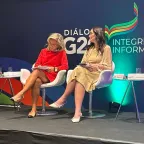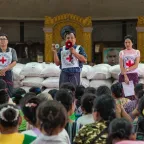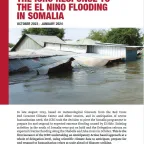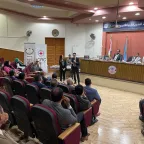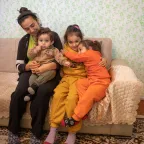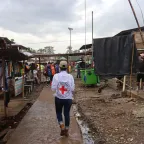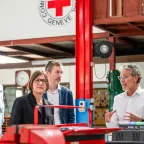Brazil: the ICRC takes part in G20 event on disinformation and hate speech
02-05-2024 São Paulo – The International Committee of the Red Cross (ICRC) was represented by Digital Risks Adviser Joelle Rizk at a G20 event on promoting information integrity held on 30 April and …

